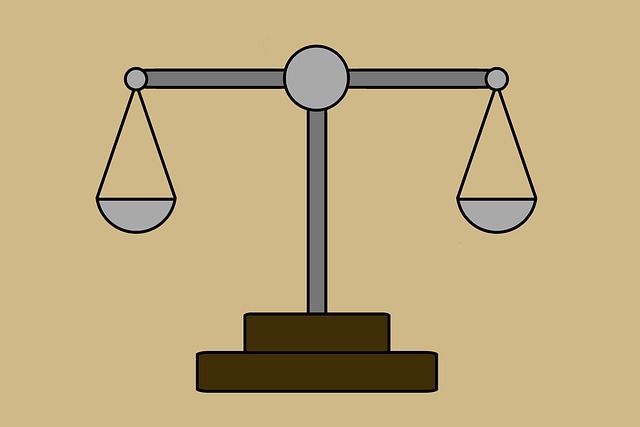Oregon's child welfare system is governed by a complex yet robust legal framework designed to protect children and preserve families. Oregon child welfare attorneys require deep family law knowledge and access to an extensive support network of professional resources to navigate these laws effectively. They leverage legal resources, attorney tools, and networks in Oregon to guide clients through foster care, adoption, and dependency cases, ensuring fair outcomes while contributing to the well-being of Oregon's children.
In Oregon, navigating the complex child welfare system requires expert legal guidance. This comprehensive guide is designed for Oregon child welfare attorneys, offering crucial insights into the state’s legal framework and practical resources to enhance your practice. We explore key statutes, case law, and the pivotal role of the Department of Human Services (DHS). Access exclusive resources, including state-provided legal tools, case management software tailored for child welfare, and professional networks. Discover best practices for efficient case handling and effective advocacy techniques within Oregon’s child welfare system.
- Understanding Oregon's Child Welfare Legal Framework
- – Overview of Oregon child welfare laws and regulations
- – Key statutes and case law relevant to child protection
Understanding Oregon's Child Welfare Legal Framework

Understanding Oregon’s Child Welfare Legal Framework is a cornerstone for any Oregon child welfare attorney. The state has established a robust legal framework designed to protect and promote the well-being of children within its borders. This intricate system involves a network of laws, regulations, and policies that guide the actions of child welfare agencies, courts, and professionals involved in child protection cases. Navigating these legal resources Oregon requires an attorney with deep expertise in family law and a strong support network of professional resources child welfare.
Oregon’s approach to child welfare is shaped by its commitment to preserving family units while ensuring the safety and security of children. Legal tools Oregon provides offer a range of interventions, from voluntary services to court-ordered placements, all aimed at fostering stable and nurturing environments for young people. Attorney support network plays a vital role in interpreting these laws, guiding clients through complex proceedings, and advocating for their rights. By leveraging professional resources child welfare, Oregon child welfare attorneys can effectively represent their clients while contributing to the overall well-being of the state’s children.
– Overview of Oregon child welfare laws and regulations

Oregon’s child welfare system is governed by a comprehensive set of laws and regulations designed to protect the rights and well-being of children. As an Oregon child welfare attorney, navigating these legal frameworks is crucial to ensuring fair outcomes for clients involved in foster care, adoption, or dependency cases. The state has established procedures for removal, placement, and reunification, with a strong emphasis on preserving family connections whenever possible.
Child welfare attorneys in Oregon have access to a robust network of professional resources and tools tailored to support their work. These include legal databases, case management software, and specialized training programs that keep lawyers abreast of the latest developments in child protection law. Collaborating with this attorney support network enables legal professionals to provide informed guidance, advocate for their clients’ interests, and ultimately contribute to a more effective and just child welfare system.
– Key statutes and case law relevant to child protection

Oregon’s child protection framework is guided by a robust set of statutes and case law, offering a comprehensive legal foundation for safeguarding vulnerable children. Key legislation, such as the Oregon Child Welfare Act, outlines procedures for investigation, intervention, and permanency planning, ensuring a structured approach to child welfare. Case law interpretations further refine these laws, providing clear guidelines for attorneys navigating complex cases.
Attorneys specializing in Oregon child welfare have access to a robust support network and professional resources. They can leverage legal tools developed through years of casework and advocacy, enabling them to offer robust representation. This includes staying abreast of legislative changes, accessing government agency data, and connecting with fellow professionals across the state, fostering an environment conducive to effective legal strategies in the best interests of children.






